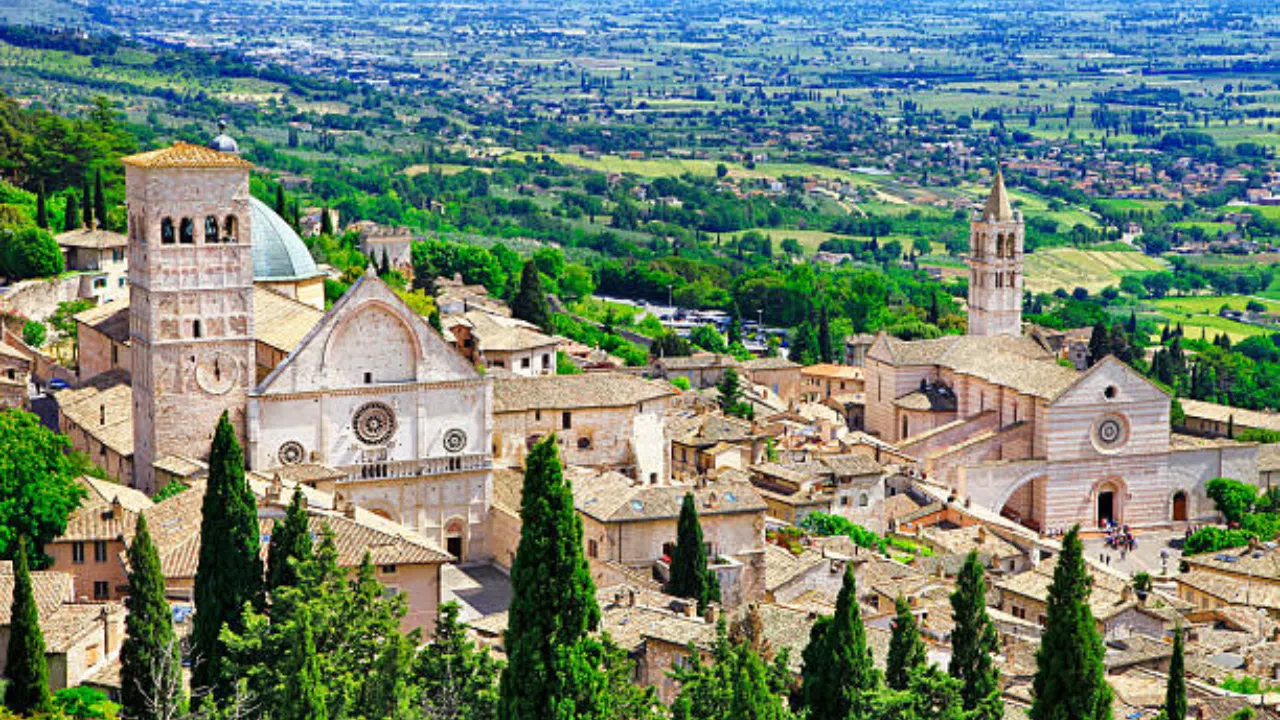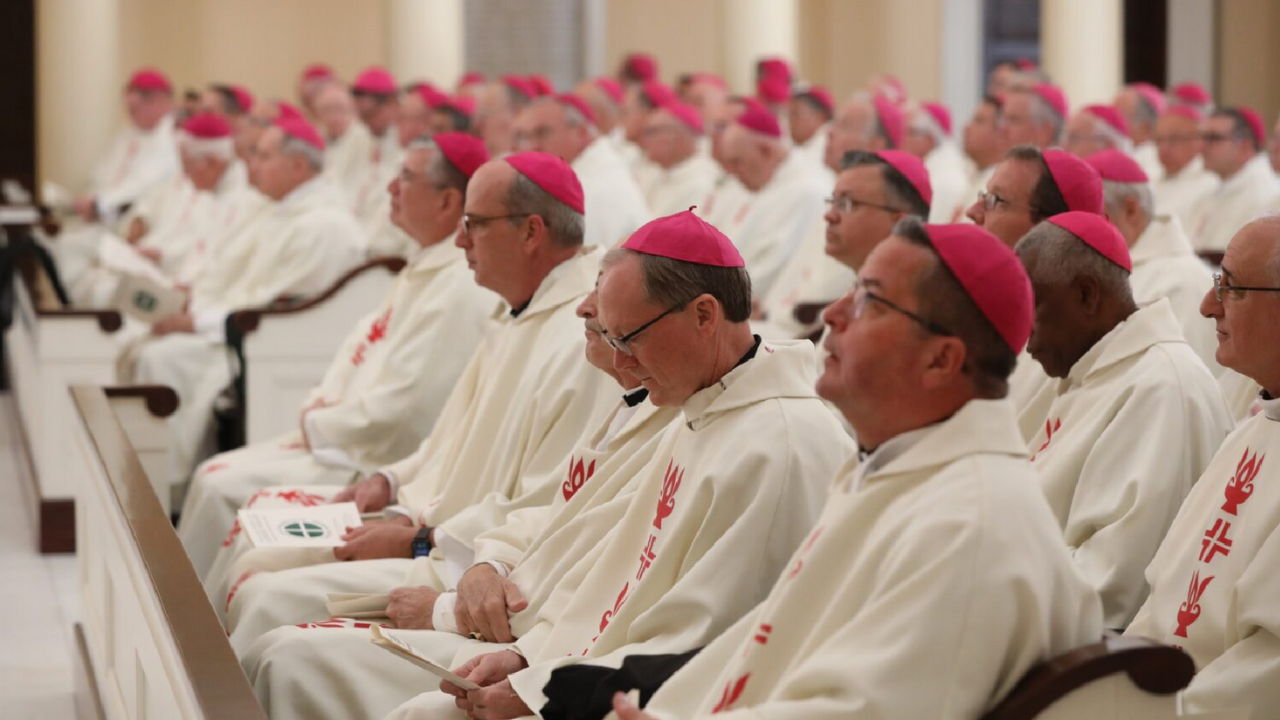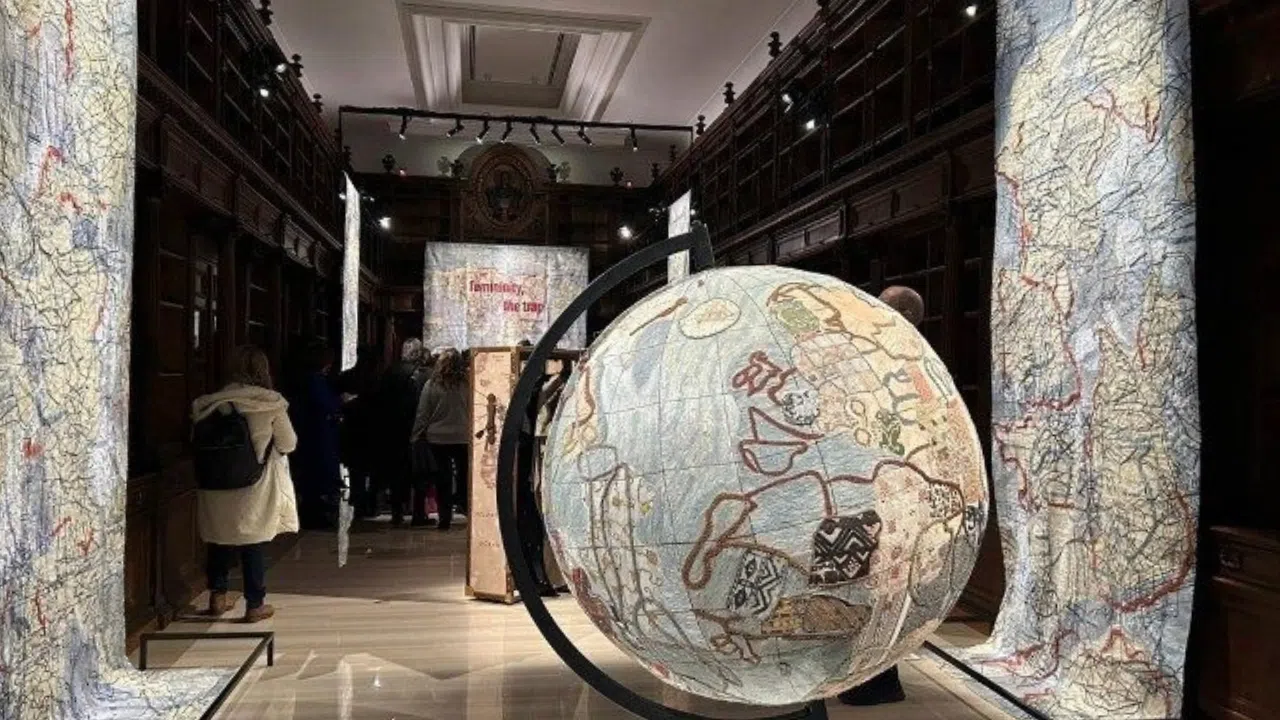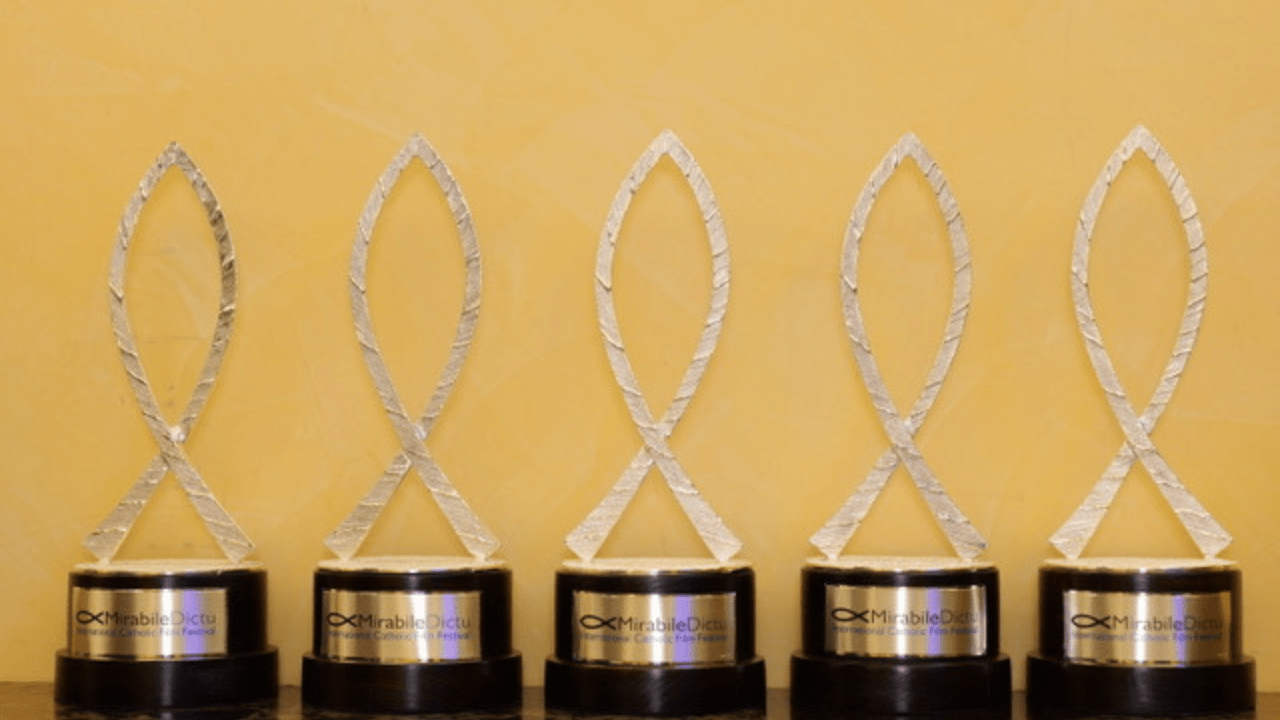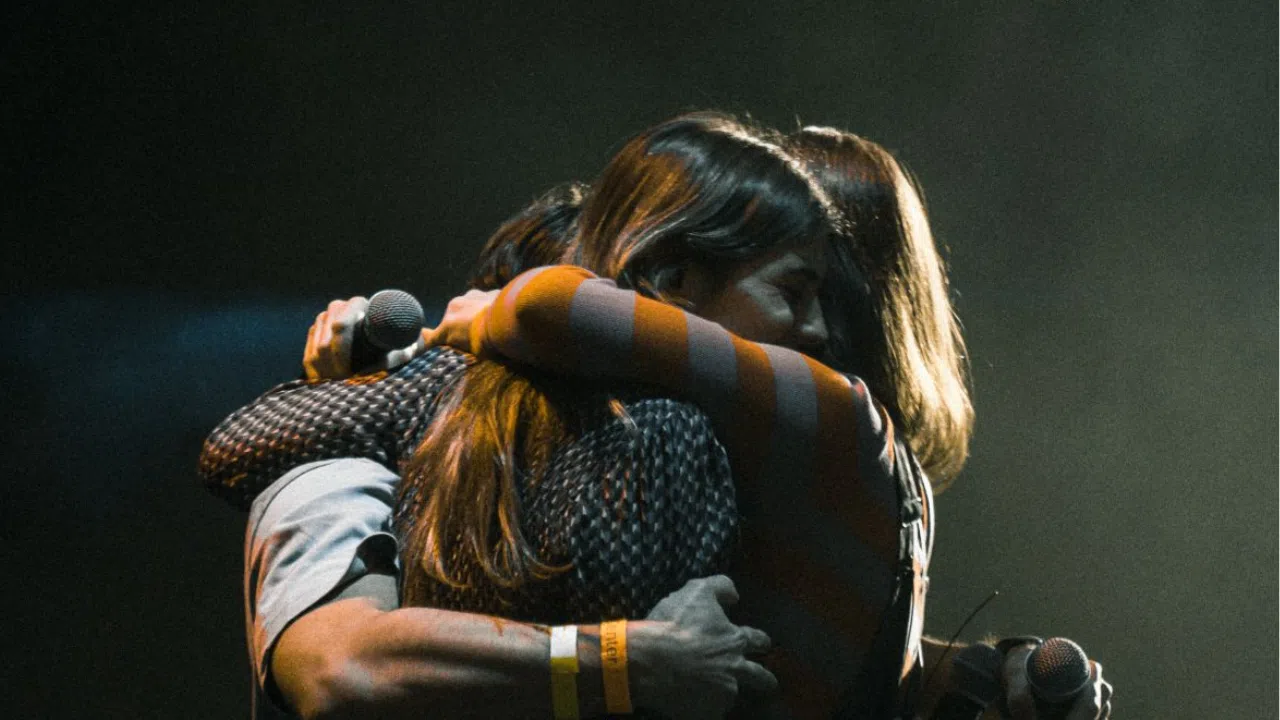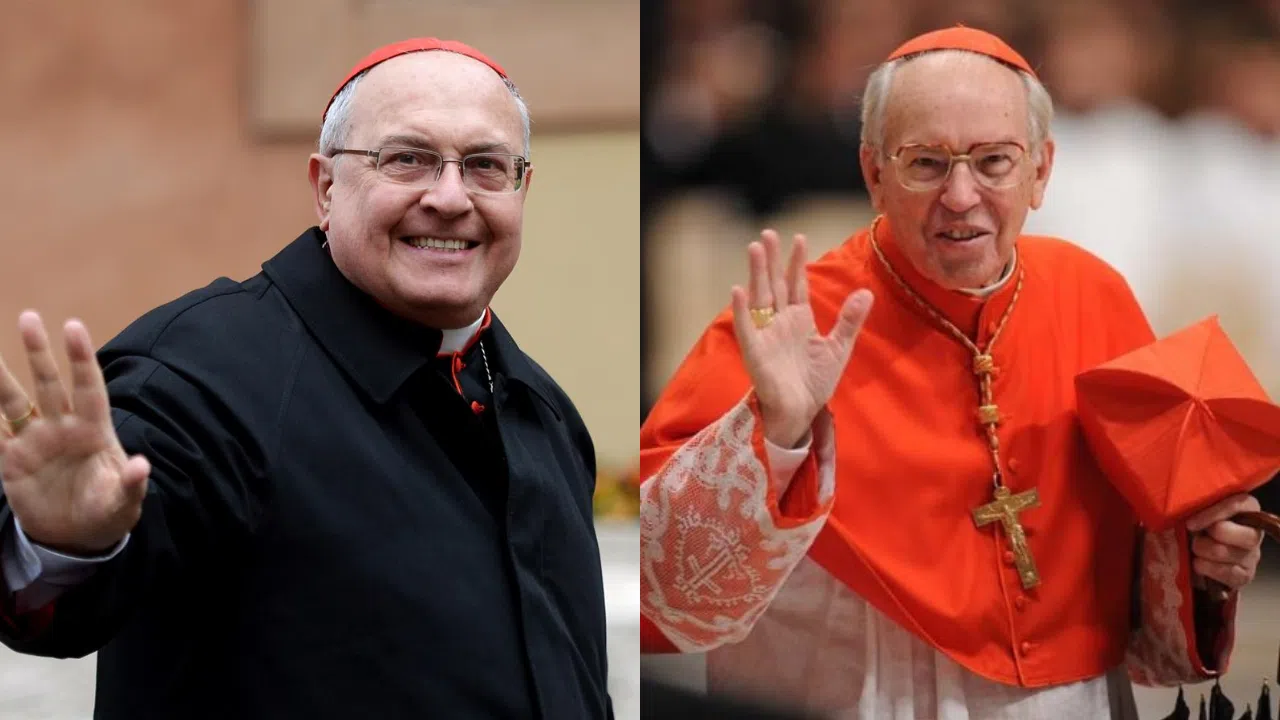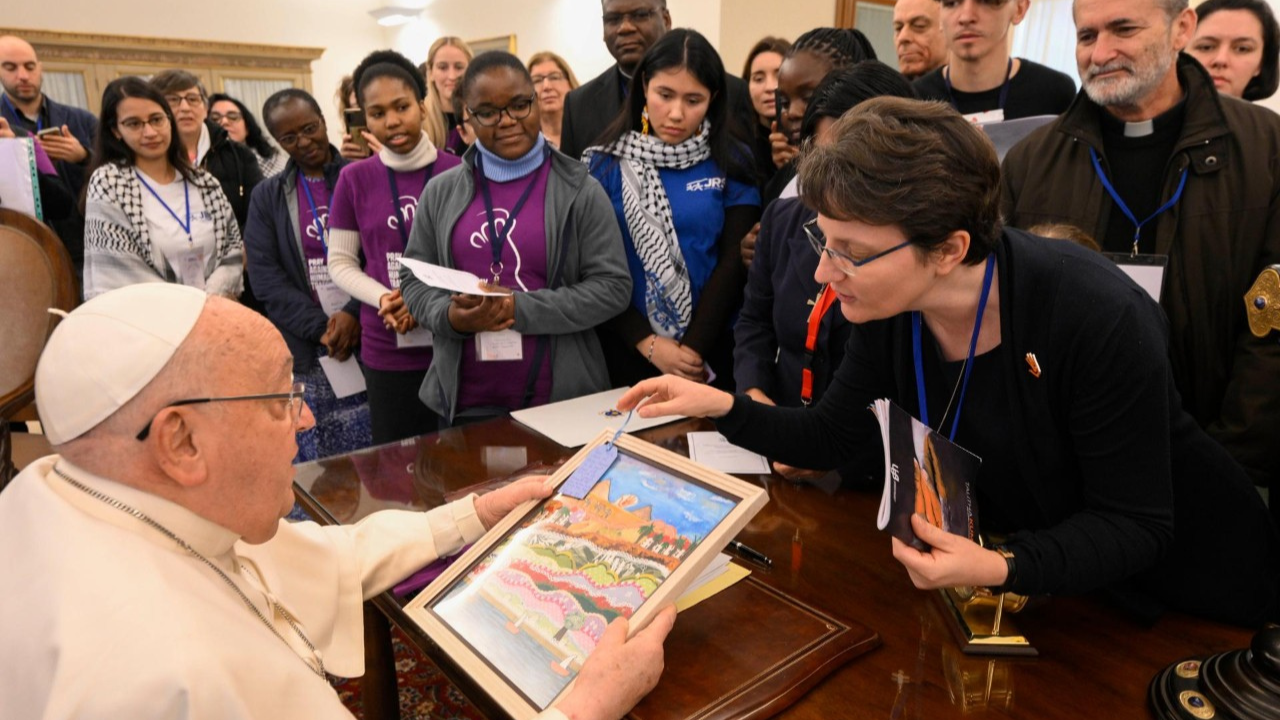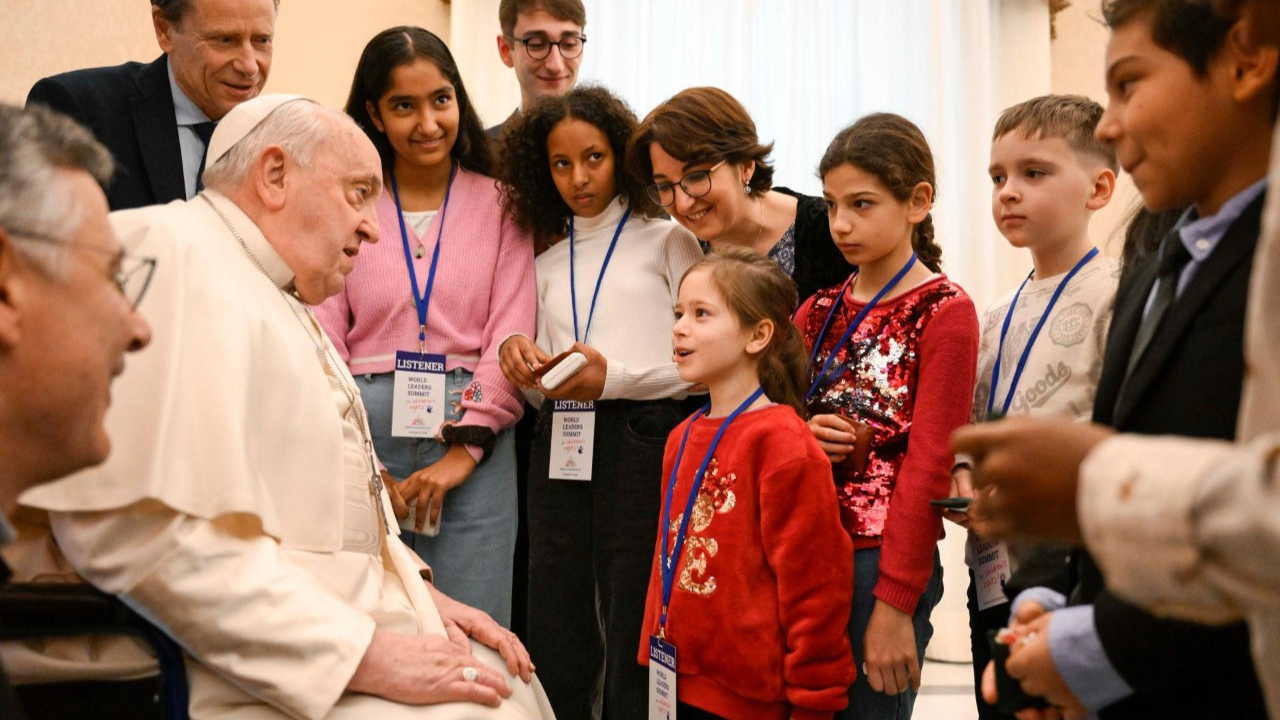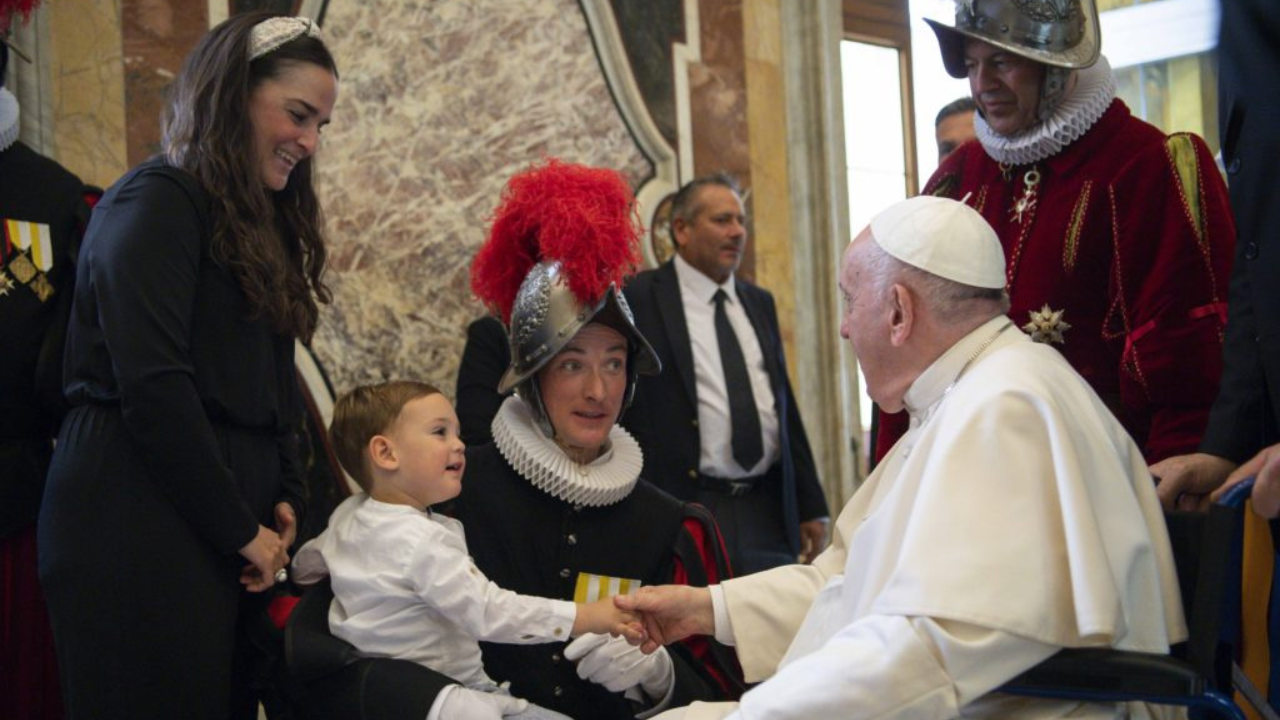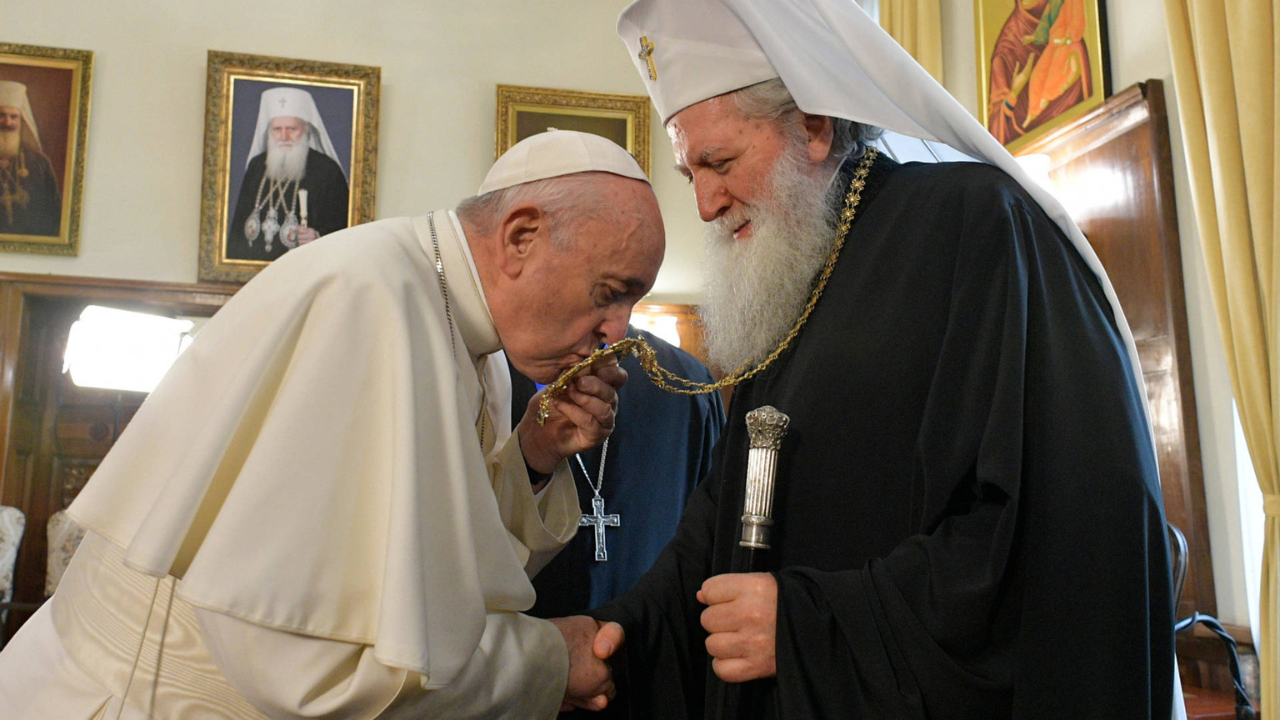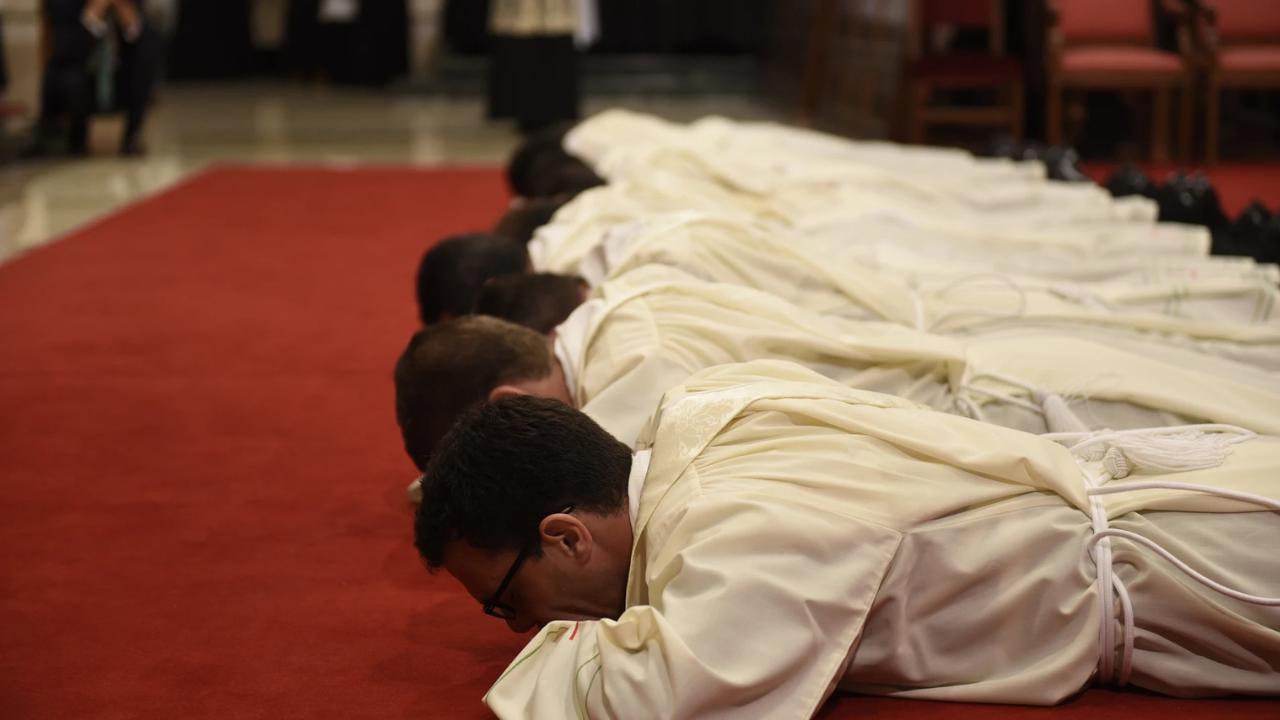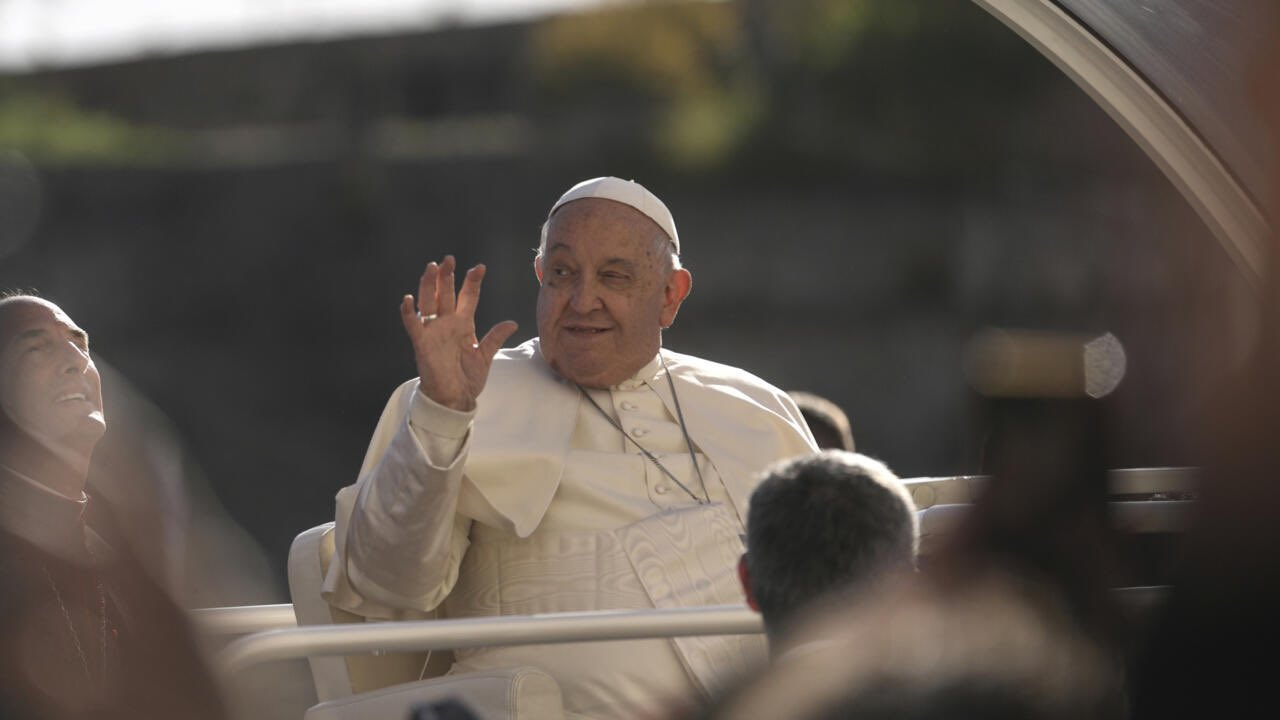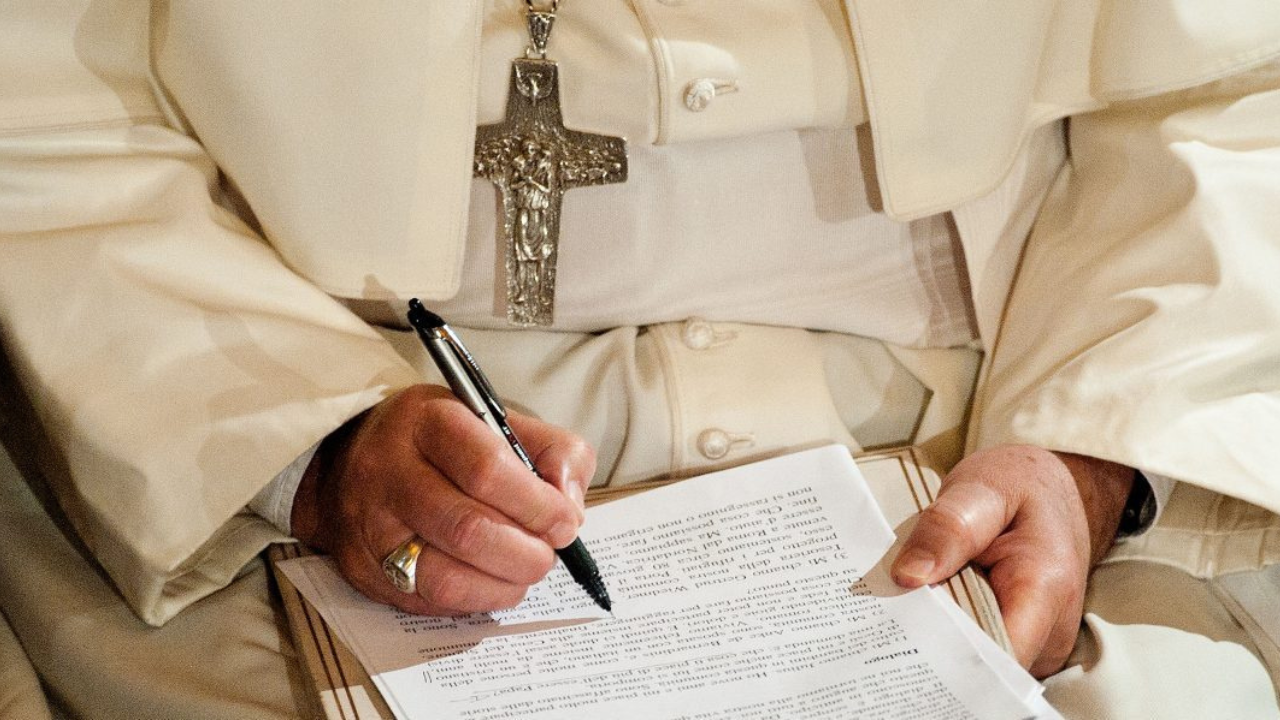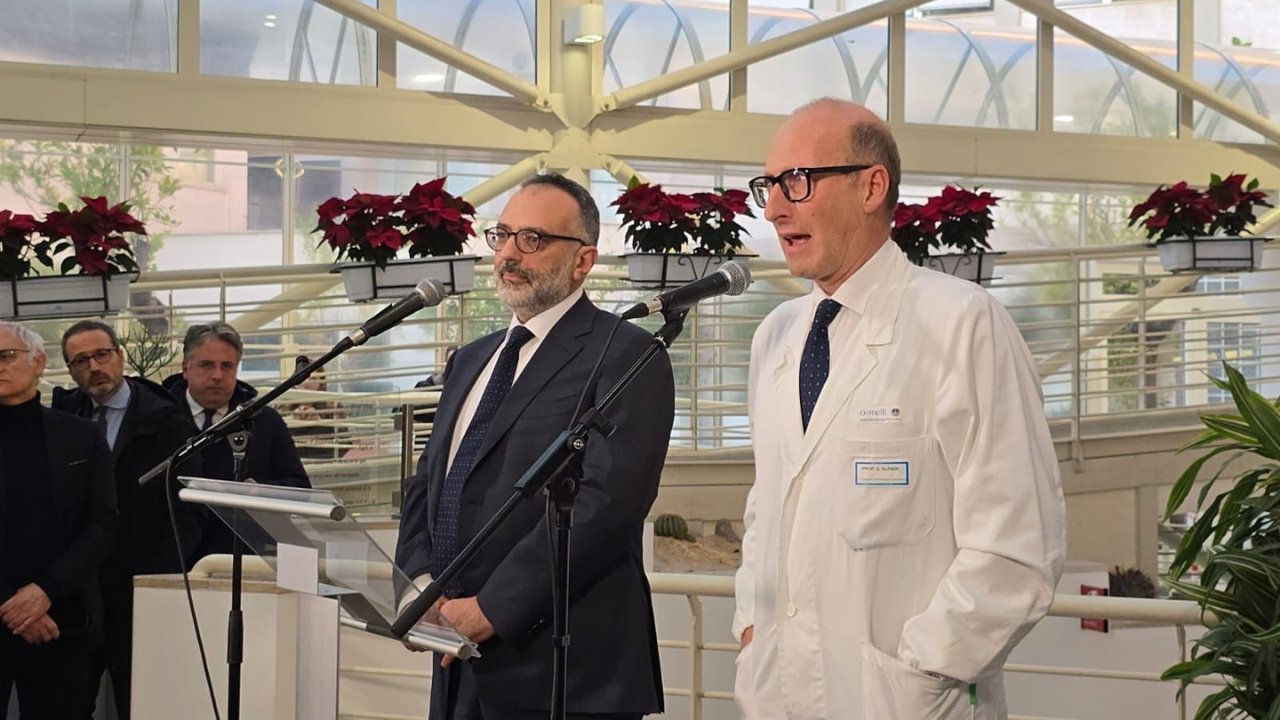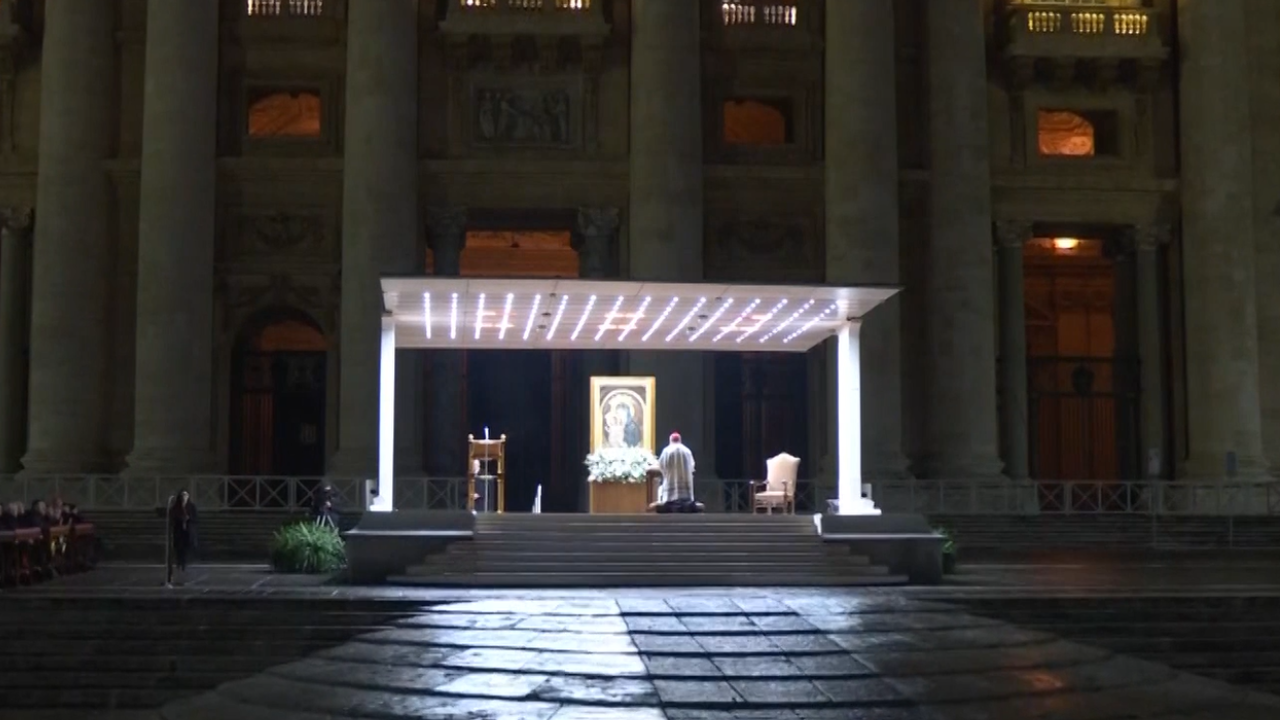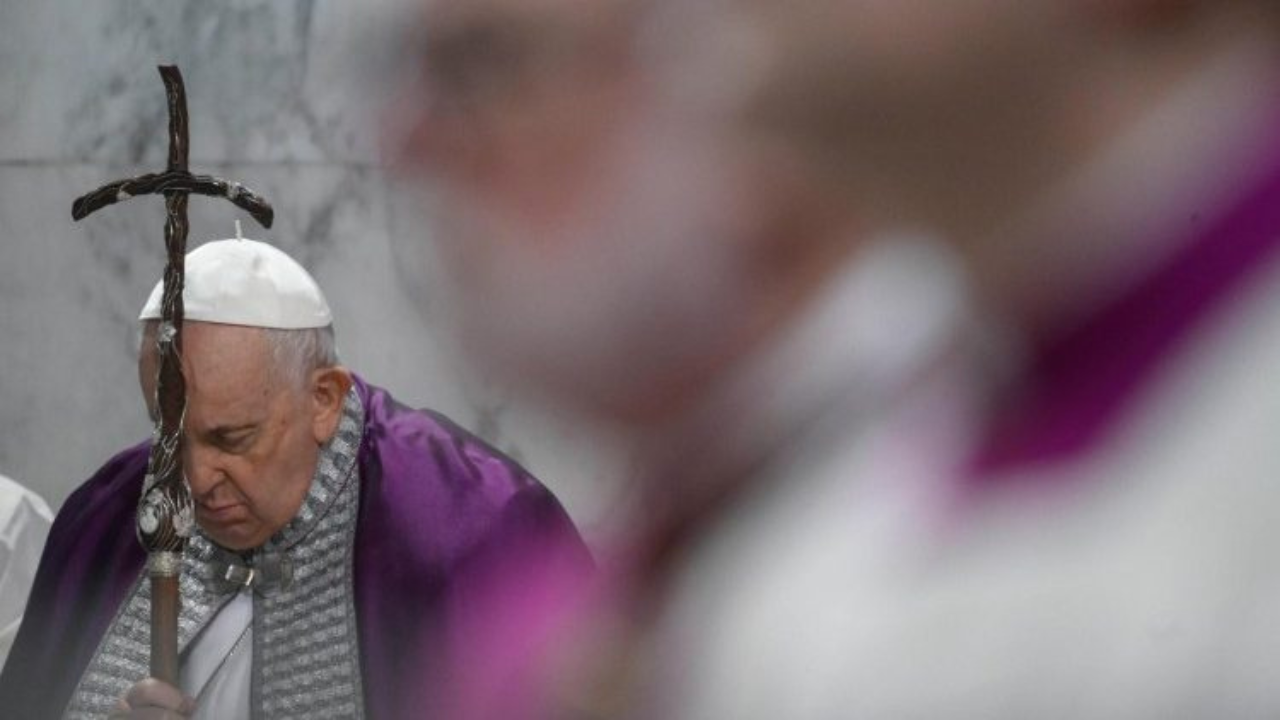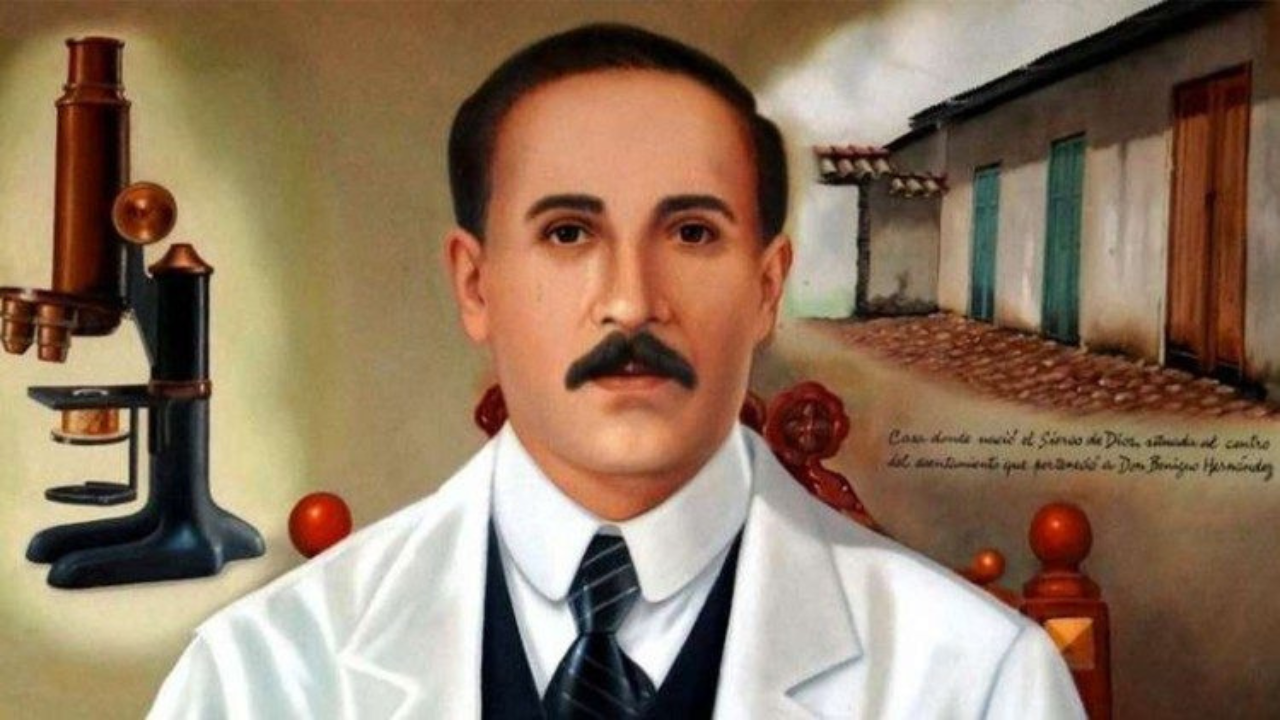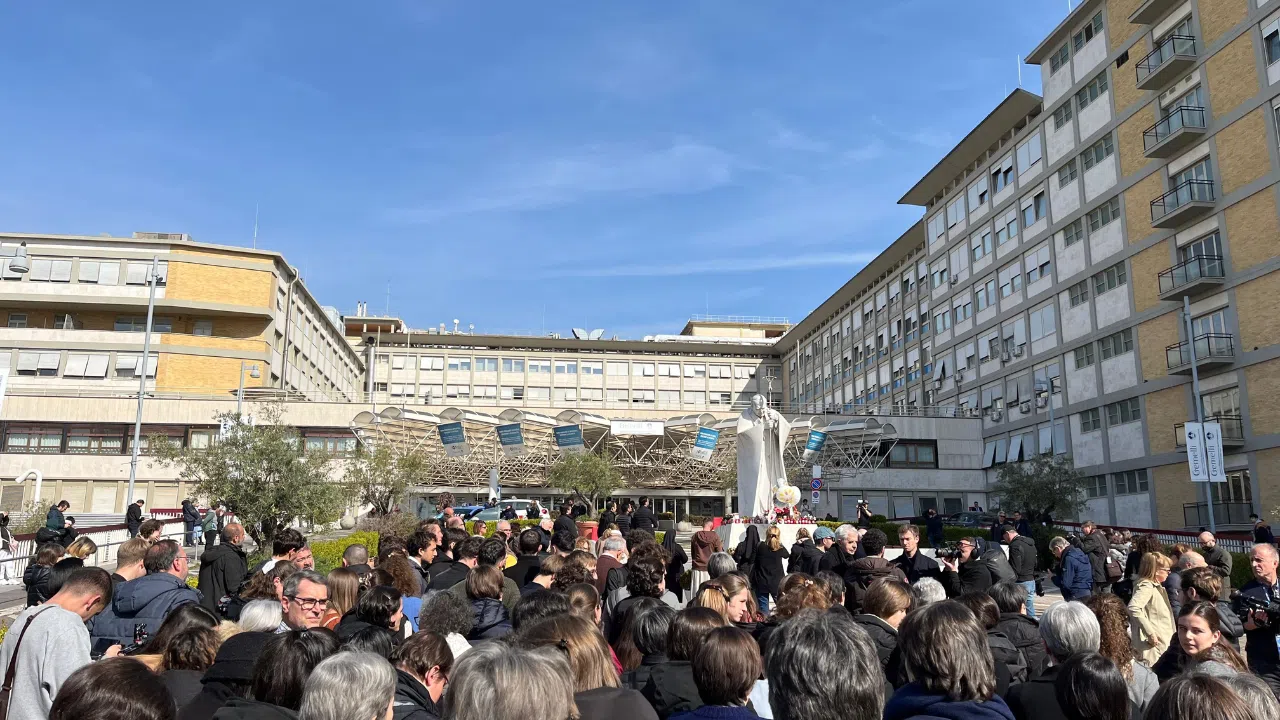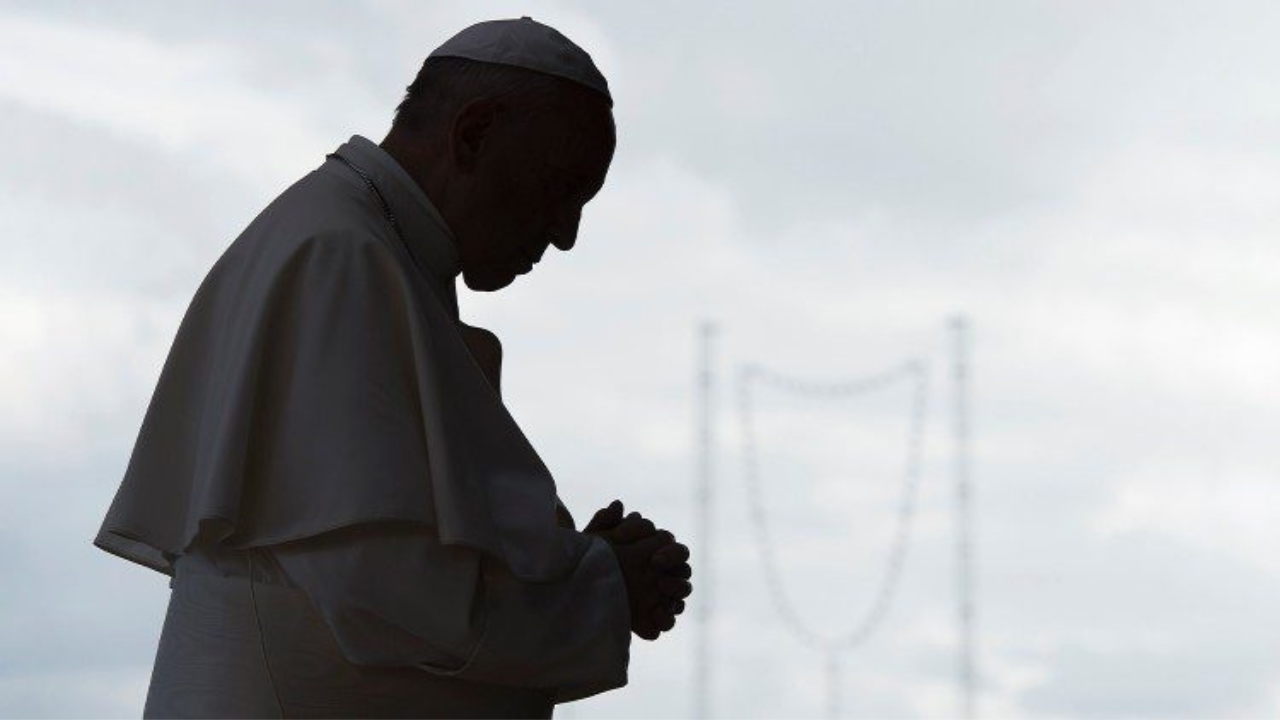This is the reaction the 32 refugees aboard Sea-Watch 3 had when they heard they could safely dock, after 19 days at sea.
“We have a safe port, we're going in.”
The final 32 refugees on Sea-Watch 3 came from 10 different countries. Some of them had been abused and used as slaves in Libya, or had experienced war in Syria or South Sudan.
ASHWEEL ABDALLAH
15 year old refugee from South Sudan
“I left my country, South Sudan, in search of a better life. I went to Libya to try to find something better. There are two points and reasons why I left Libya and wanted to try my luck in the Mediterranean. First, life in Libya is very difficult. Secondly, there are people dying everyday and that can happen to anyone. You get taken, you get put in a room. You get mistreated or tortured and you can die.”
IBRAHIM MALIK
19 year old refugee from Sudan
“I left Sudan and went to Egypt and then went to Libya. There, my passport was taken away and I was put in prison for one year because I had no money. Then I was taken to Tripoli, Libya in forced labor for four months. I escaped, but was taken again. I spent seven months in Misurata, where they beat the soles of my feet with sticks until they were red. The three others with me died and I had to bury them, under police surveillance. I'm happy to be here now.”
Yet, there are volunteers and workers trying to restore human dignity and give the refugees mental and physical aid. Additionally, they ensure refugees a safe dock to land in Europe.
However, Sea Watch workers are concerned that this last guarantee might not be met in the future if politicians continue closing their ports, they say.
KIM HEATON-HEATHER
Bosun of SW3
“They are actually stopping rescues from happening, actually limiting the effectiveness of search and rescue vessels in the Mediterranean.”
ROB JENKINS
RHIB driver
“These are people who are desperate for safety, desperate for security.”
Italy and Malta, which was so close, had outright refused to accept migrants. Some on-board even tried to swim to shore.
BRENDAN
Volunteer
“Behind me, you'll be able to see Malta. This is how close we are.”
In the end, it was Malta who allowed the boat to dock, despite refusing for nearly three weeks.
Some other EU countries have toyed with the idea of welcoming some migrants, if others begin to do the same. Yet, it's only a matter of time before the next boat full of migrants arrives in the Mediterranean. Then the world will see who makes good on their word and takes the first step to welcome them.
